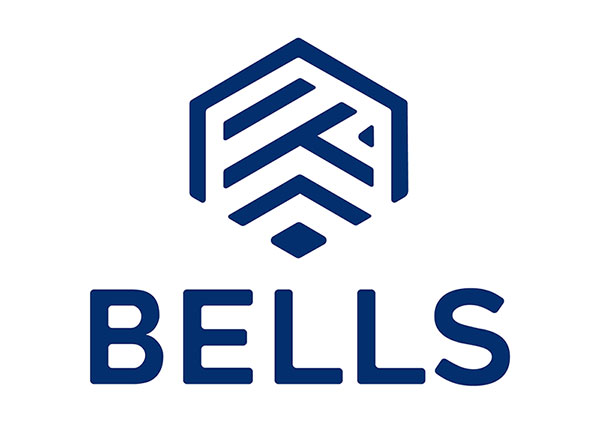
Secrets You’ll Learn At An Audio Engineering Course

When attending a live concert, we often underestimate the amount of effort needed to bring you an immersive audio experience.
At BELLS’ very own Sound Engineering For Live Events Course, you’ll get a chance to take a peek into the world of live audio engineering to understand how industry experts come together to maximize sound quality!
Here are some technical areas that are involved when planning for a live event!
1.Venue Acoustics
The venue’s acoustic properties can greatly affect the sound quality, so it’s important to consider when setting up the sound system. Poor venue acoustics can lead to echoes, reverb, and requires more absorption materials to reduce unwanted reflections.
Fun fact: the larger the venue (think convention halls and auditoriums), the more difficult it is to maintain audio intelligibility at high volumes. In layman speak, that’s the technical term for how we perceive speech sounds and words.

2. Speakers’ Position
The placement of speakers around the venue can vastly affect sound quality. It’s important to position the speakers in a way that will cover the entire audience while also minimizing the impact of room acoustics.

3. Microphone Technique
Proper microphone technique is an essential factor in obtaining a balanced sound output. The distance between the mic and the source, the angle of the mic, and the type of microphone are just some of the considerations audio engineers have to take note of.
Next, we’re going to start getting technical and deep-dive into the engineering side of things!
4. Sound Mixing
Front-of-house Mixing
Basic Monitor (MON) Mixing
The sound engineer should have a good monitor mix to ensure that the performers can hear themselves and each other clearly. This will help to keep the performance tight and in sync.
5. Compression and EQ
In layman terms, EQ is used to get the desired amount of frequency range in the track. Compression is then applied to control the overall volume, smoothing out volume differences and making the volume more consistent. By combining these two, they can help to balance the sound and ensure consistency throughout the event. It’s important to finesse these tools and not overdo it, as it can easily affect the sound quality negatively, plus it’s in real-time!
6. Troubleshooting During Soundchecks
A proper soundcheck is crucial for ensuring that everything is working correctly and that the sound quality is optimal, before the audience floods in. This should include testing all equipment, adjusting the sound system, solving any possible feedback or interference or connectivity issues. It’s also advised to prepare a contingency plan in the instance such scenarios occur. As an audio engineer, you must be prepared to deal with such issues at a moment’s notice.
7. Audience Feedback
Finally, it’s important to listen to live audience feedback and make adjustments as the event progresses. This will help to ensure that everyone is enjoying the performance, regardless of where they’re seated in the venue, and that the sound quality is the best it can be.
Where can I learn all these in-depth and more?
Sounds fascinating but you’re not sure where to even start? With BELLS Tech Hub, you can learn hands-on sound production courses by seasoned industry professionals, taking you from the most intimate of venues to huge stadiums.
Still not convinced? Collaboratively managed by BELLS Academic Group and Esports Entertainment Asia (EEA), our hands-on audio engineering course is held at the NEW Media Lab @Kallang Wave Mall, a tech-enabled, next-generation media training centre with high dynamic range capabilities. It’s perfect for replicating sound systems found in most live events!
When you sign up, you can learn:
- Front-of-House (FOH) Mixing,
- Basic Monitor (MON) Mixing,
- Executing the audio reproduction and audio effects to international industry standards and more!
Best part? This sound engineering course for live events is eligible for SkillsFuture Credit!




